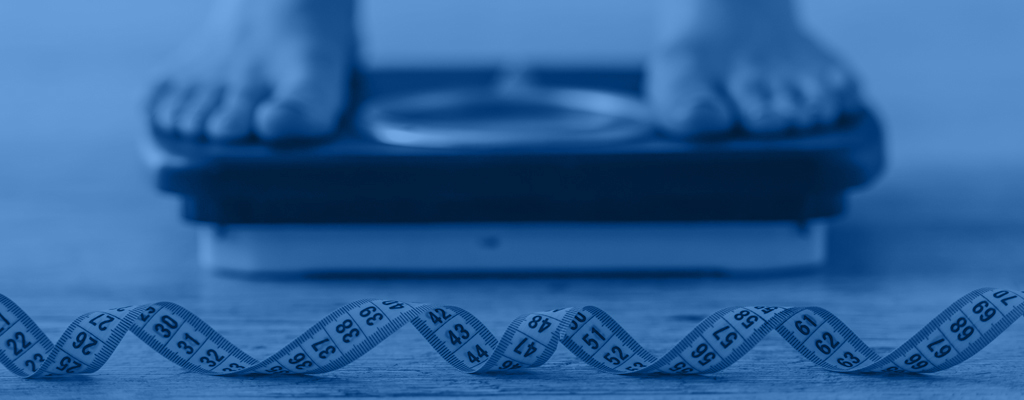How do Alcohol & Drugs Affect Changes in Body Weight?

Have you ever wondered how substance abuse can take its toll on user’s health and in particular their body mass?
Research undertaken over the years has found that drug and alcohol abuse has long-term effects on an individual’s metabolism, organ function, body weight and mental well-being. Some of these long-term effects include abusers to be diagnosed with health conditions such as cancer, diabetes, heart disease and organ and brain damage.
Substance abuse firstly affects the function of an individual’s metabolism which refers to the way the body processes food to produce nutrients and energy. In order for the human body to correctly function cells throughout the body need to receive a tolerable amount of nutrients such as glucose to use for energy, repair and growth. Production of these necessary nutrients is affected by substance abuse.
How does Alcohol abuse affect body weight?
Substances such as alcohol cannot be stored in the body after consumption. It’s then broken down to leave the body. When an excessive amount of alcohol is consumed it disrupts the body’s ability to produce nutrients, it then leads to intestines becoming irritated and can then slow down the digestive process which can cause a loss of appetite, constipation and in some cases intestinal blockage which can essentially cause abusers to lose weight. Individuals who abuse alcohol and eat less can cause themselves to be diagnosed with a number of different health issues such as:
- Osteoporosis
- Seizures
- Cancer
- Depression and Mental Health diseases
- Eating disorders such as Bulimia and Anorexia
- Tooth Decay
- Heart Disease
- High Blood Pressure
- Risk of Death
However, it is arguable that alcohol can cause individuals to gain weight due to the high levels of calories. Most alcoholic beverages contain high levels of calories that impact the way the body breaks down alcohol. For example, beer is one of the highest alcoholic drinks for calorie counts. Alcohol can cause weight gain as it can slow down an individual’s metabolism meaning some fats and sugars are not broken down. However, research has found that some alcohol abusers tend to suffer from weight loss over gain due to the severity of consumption.
How does Drug abuse affect body weight?
Drug abuse affects changes in abusers body weight as the body fails to find energy and nutrients due to a decrease in efficiency levels. Some drugs, in particular prescription drugs, are known to increase weight gain. Whether drugs are used for recreational, illicit or prescribed use they all can have a long-term impact on not only body weight but also mental health.
Research has found that certain drugs if abused can cause cognitive damages after consumption. This can then affect the user’s lifestyle. Abusers tend not to eat and this will cause the body to lose weight which has impacts on the body’s metabolism to produce nutrients, also impacting the function of the brain and physical appearance.
Drug abuse, like alcohol can cause individuals to gain weight. For example, narcotics and opioids such as heroin have been linked to abusers gaining weight, mainly as substance abuse disrupts the body’s ability to control nutrient levels. It’s also been found that substance abusers tend to find that once they have started abusing a substance they initially notice a decrease in appetite and reduction in food intake, however, after continuation most users tend to gain weight over a period of time.
About Randox Testing Services
At Randox Testing Services we are at the forefront of alcohol and drug testing. We aim to spread the message of alcohol and drug misuse and the effects substance abuse can have on individuals and businesses.
We work across a wide range of sectors within business and family law. Across these sectors there are huge ramifications of alcohol and drug abuse for all involved and the detection of positive results is crucial.
For more information on our products and services or how we can help call +44 (0) 28 9445 1011 or email, testingservices@randox.com